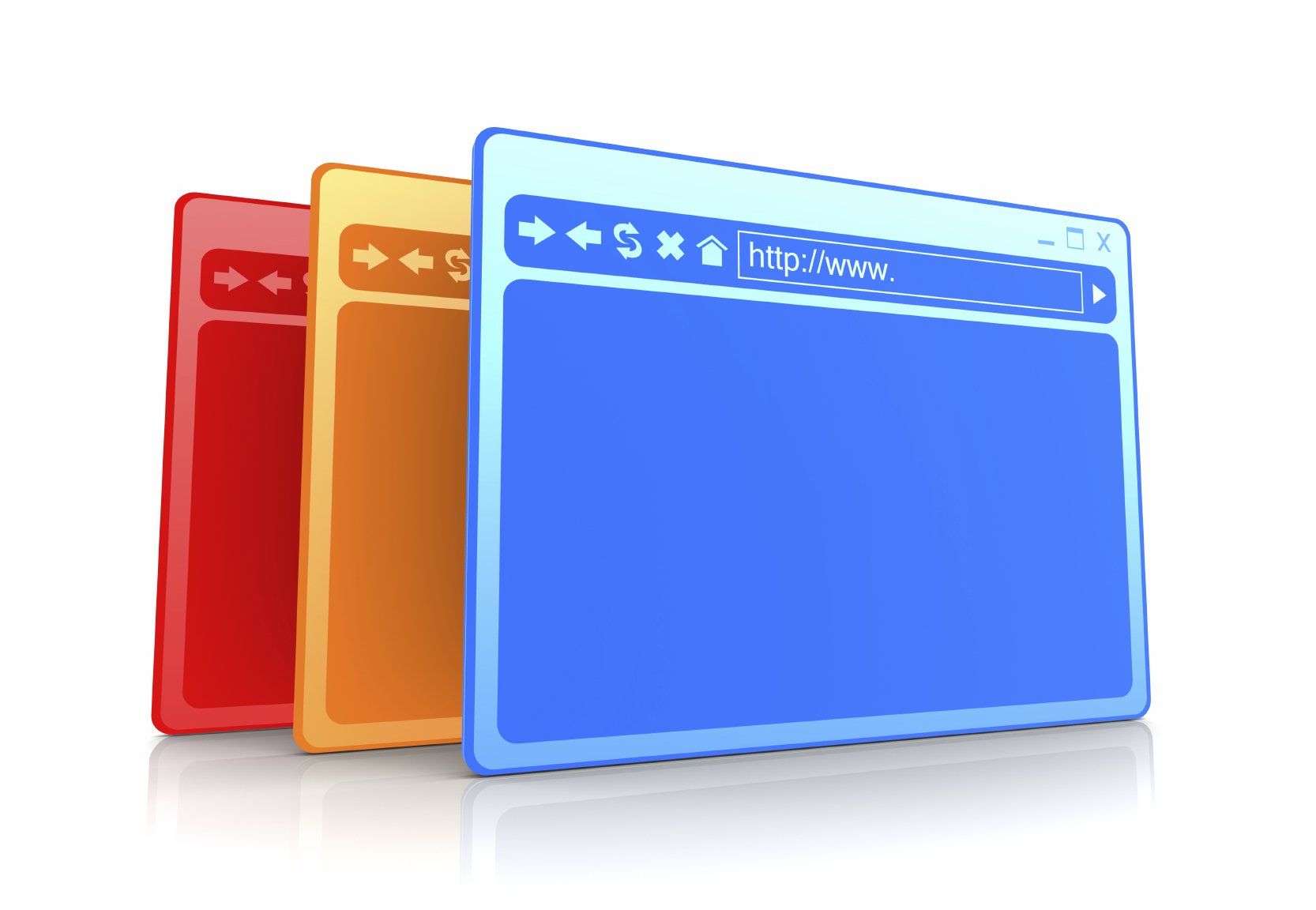HR and Payroll: Separated or United?
Adele Barone • July 6, 2025
Exploring the Pros and Cons
Payroll and human resources (HR) are critical business functions, but should payroll be managed under HR or as a separate department? This decision impacts efficiency, compliance, and employee satisfaction. Below, we explore the advantages and disadvantages of integrating payroll into HR to help you make an informed choice for your organization.
Advantages of Including Payroll in HR
Streamlined Communication
Integrating payroll with HR enhances communication flow. HR can directly provide payroll with accurate data on new hires, salary adjustments, and benefits, ensuring seamless payroll processing. This reduces delays and miscommunication, improving operational efficiency.
Consistent and Accurate Data
When payroll is part of HR, employee data—such as job titles, salaries, and benefits—remains consistent across systems. Centralized data management minimizes errors, ensuring accurate payroll calculations and reliable record-keeping.
Improved Compliance
HR oversees compliance with labor laws and regulations. Integrating payroll aligns these efforts, enabling better adherence to tax laws, wage regulations, and reporting requirements. This unified approach reduces the risk of costly compliance errors.
Disadvantages of Including Payroll in HR
Diverse Skill Sets Required
Payroll and HR demand distinct expertise. HR focuses on employee relations, recruitment, and culture, while payroll requires financial acumen and knowledge of tax laws. Combining these roles may strain staff capabilities, potentially leading to inefficiencies or skill gaps.
Increased Workload
Merging payroll with HR adds significant responsibilities to HR staff, who must juggle payroll processing alongside their core duties. This increased workload can lead to stress, burnout, and a higher likelihood of payroll errors, which can negatively affect employee trust and the company’s finances.
Limited Specialized Expertise
Separating payroll and HR allows each function to leverage specialized expertise. Payroll professionals are well-versed in tax codes and financial regulations, while HR experts excel in employment law and employee engagement. Combining these roles may dilute access to this specialized knowledge, impacting performance.
Making the Right Decision for Your Organization
Deciding whether to integrate payroll into HR depends on your organization’s size, resources, and goals. Small businesses may benefit from the efficiency of a combined approach, while larger organizations might prefer specialized teams to handle complex payroll needs. Consider these factors:
- Organizational Size: Smaller companies with limited staff may find integration more practical.
- Budget Constraints: Combining roles can reduce costs but may compromise expertise.
- Compliance Needs: High-compliance industries may require dedicated payroll specialists.
- Technology: Modern HR and payroll software can streamline integration, reducing errors.
Consulting an HR expert can provide tailored insights. They can analyze your business needs, assess your current processes, and recommend the best structure to ensure accurate, timely payroll and effective HR management.
Integrating payroll into HR offers benefits like streamlined communication, consistent data, and improved compliance, but it also presents challenges such as diverse skill requirements, increased workloads, and limited expertise. Carefully weigh these pros and cons to determine the best approach for your organization. Prioritize efficiency, accuracy, and employee satisfaction to maintain a thriving workplace.
Need help deciding? A Bar-1 Resources HR Consultant can evaluate your business and design a payroll-HR structure that works for you.

Even the smallest businesses can face significant risks if their human resources practices aren't up to par. An HR audit is a critical tool to ensure compliance, protect your business, and foster a positive workplace, no matter your company’s size. Here's why HR audits matter and how even businesses without a dedicated HR employee can benefit from professional support. Why HR Audits Matter for Small Businesses Small businesses often operate with lean teams, and HR responsibilities may fall to owners or managers who juggle multiple roles. However, neglecting HR compliance can lead to costly legal issues, employee disputes, or inefficiencies. An HR audit helps you: Ensure Compliance with Laws and Regulations: Employment laws, such as those governing wages, overtime, and workplace safety, apply to businesses of all sizes. An audit identifies gaps in compliance, reducing the risk of fines or lawsuits. Protect Against Legal Risks: From misclassified employees to incomplete documentation, small businesses are vulnerable to legal challenges. An audit helps uncover and address these issues before they escalate. Improve Employee Relations: Clear policies and fair practices boost morale and retention. Audits ensure your policies align with best practices, fostering a positive work environment. Streamline Processes: An audit can reveal inefficiencies in hiring, onboarding, or payroll, saving time and resources in the long run. The Challenge for Small Businesses Without a dedicated HR employee, small business owners may lack the time or expertise to navigate complex HR requirements. This is where an HR audit becomes invaluable. It provides a structured way to assess your practices and ensure you're on the right track. How Outsourced HR Professionals Can Help Even if your business is too small to justify a full-time HR staff member, you don’t have to go it alone. Hiring a consultant or outsourced HR professional, like Bar-1 Resources, can make the audit process seamless and effective. Here’s how they help: Expertise in Compliance: HR consultants stay up to date on federal, state, and local regulations, ensuring your business meets all legal requirements. Tailored Solutions: They customize the audit to your business’s unique needs, whether you have one employee or dozens. Cost-Effective Support: Outsourcing HR services is often more affordable than hiring a full-time employee, providing access to professional expertise without breaking the bank. Peace of Mind: A thorough audit conducted by a professional minimizes risks and gives you confidence that your HR practices are sound. What an HR Audit Covers An HR audit typically evaluates key areas, including: Hiring and Onboarding: Are your job descriptions compliant? Do you have proper documentation for new hires? Employee Records: Are personnel files complete and secure? Are I-9 forms and other required documents up to date? Payroll and Benefits: Are employees classified correctly (e.g., exempt vs. non-exempt)? Are payroll practices compliant with wage laws? Policies and Procedures: Do you have an employee handbook? Are policies like anti-discrimination and harassment clearly defined and communicated? Termination Processes: Are terminations handled legally and consistently to avoid wrongful termination claims? Taking the First Step For small businesses, an HR audit is not just a precaution—it’s a strategic move to protect your business and set it up for growth. Partnering with a trusted HR consultant like Bar-1 Resources allows you to conduct a thorough audit without diverting focus from your core operations. Don’t wait for an issue to arise. Contact an HR professional today to schedule an audit and safeguard your business’s future.










